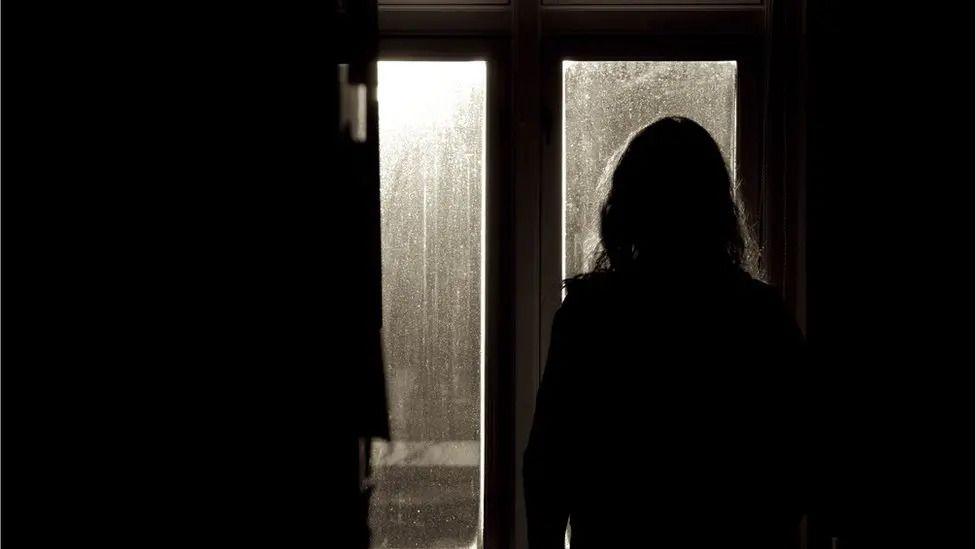Modern slavery victims 'unlawfully denied support'
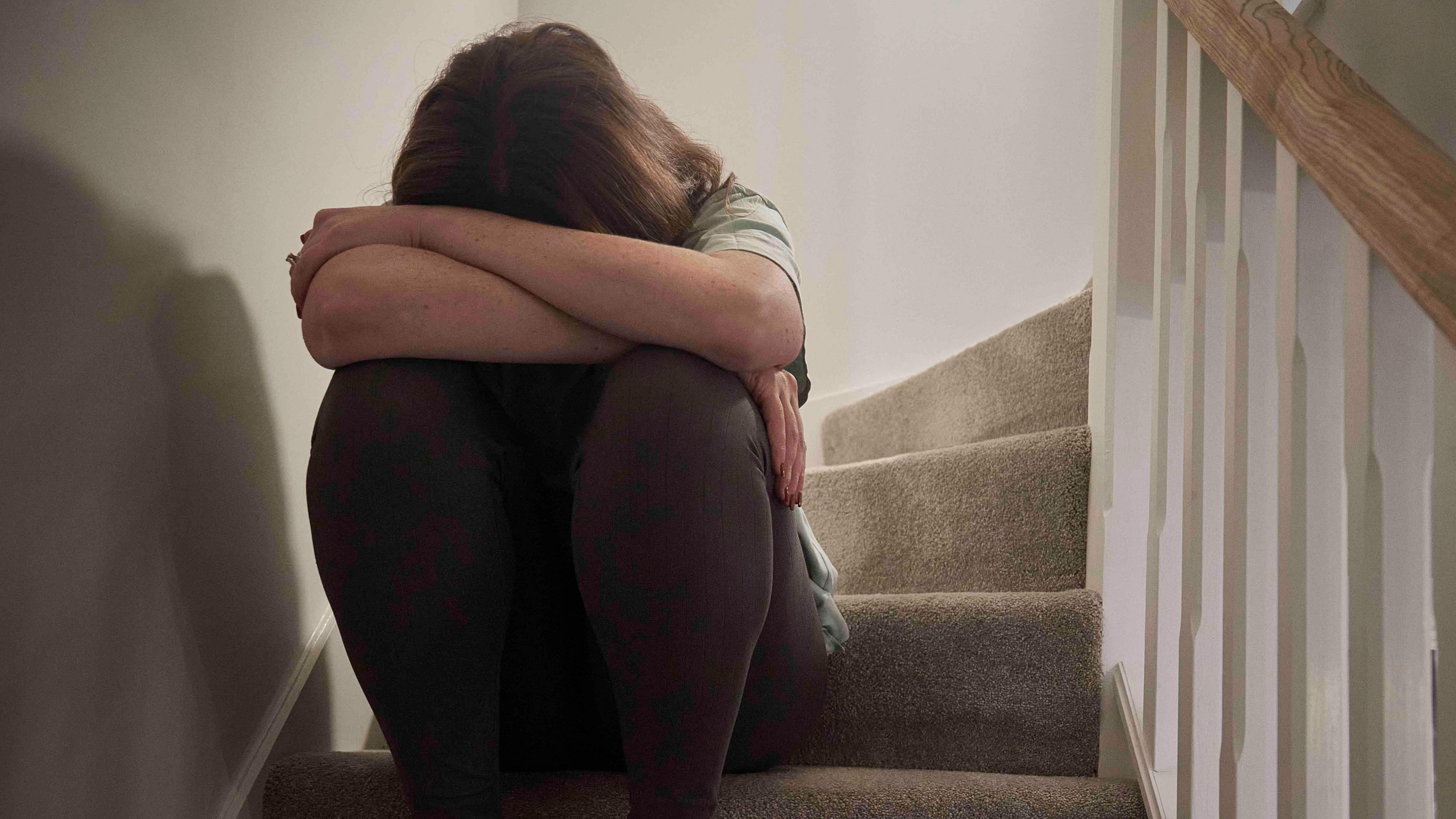
The single largest group of modern slavery victims are British citizens
- Published
Victims of modern slavery are being blocked from support because of unlawful Home Office decisions, the BBC has been told.
The government can provide housing, legal representation and use of the NHS if there are "reasonable grounds" to believe someone is a victim.
In 2023-2024, 314 people received support in the south and south east of England, 104 fewer than the year before, despite more potential victims being identified.
The Home Office said: "All decision makers undergo thorough training and all negative decisions are quality assured to ensure a robust and consistent approach."
Modern slavery in the UK usually takes the form of forced labour, domestic servitude, and criminal and sexual exploitation.
Outside of London, the south and south east had the most victims granted support in 2023-2024, according to data from the Salvation Army.
About 19,000 potential victims were referred to the Home Office in 2024 - the highest on record, and an increase of around 2,000 from the year before.
But a Hampshire-based support worker said evidence requested by the government could be almost impossible to provide, as victims may have been locked indoors and isolated.
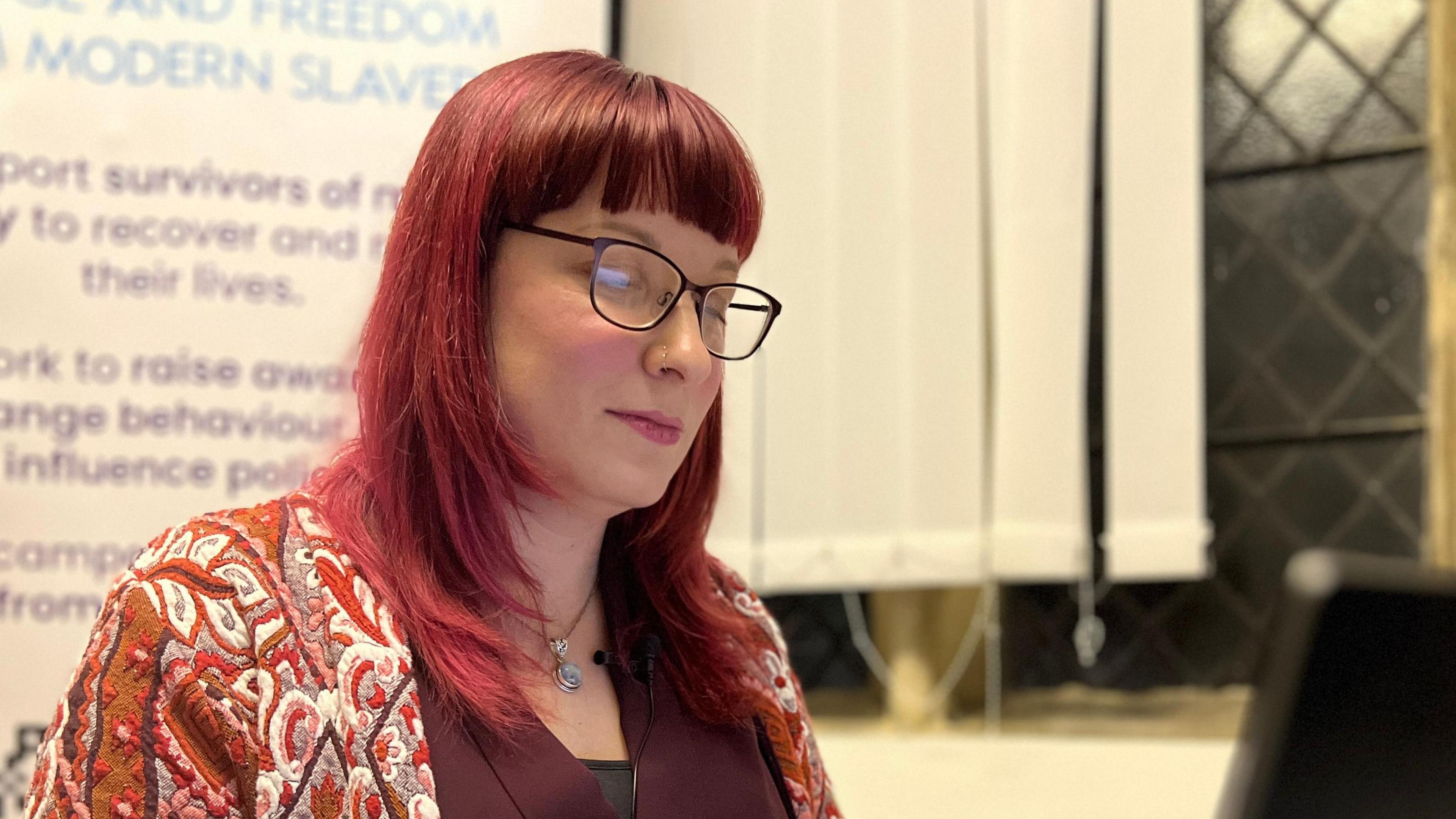
Stevie Waight from the Medaille Trust said finding evidence to support applications was one of the biggest barriers for survivors
Stevie Waight, from the Medaille Trust charity, leads a project supporting survivors in Hampshire.
She said one of them was locked inside a property in Portsmouth and told she would have to sleep with men her trafficker would bring there.
When she refused, he starved her and verbally abused her.
Ms Waight said eventually she managed to escape, and with the charity's help, was able to get government support - meaning she could give birth without NHS debt.
But she said the threshold for proof that someone had experienced slavery had risen, and getting positive decisions had become more complex.
'Incompetent and unlawful decisions'
"You're working with someone who's been locked in rooms, they don't have documents, they don't have a mobile phone," Ms Waight said.
"Other than their word, how are they meant to evidence what has happened to them?"
She said although she believed Home Office decisions were considered carefully, she had seen one she believed was unlawful.
The charity Anti-trafficking and Labour Exploitation Unit (ATLEU) told the BBC that challenging unlawful decisions was a "core part" of their casework.
Decisions can be considered unlawful when the government misunderstands statutory guidance or does not act in accordance with it, according to one High Court decision from 2024., external

Unlawful decisions were not uncommon in the system, according to solicitor John Crowley
In 2022, about 88% of people received positive "reasonable grounds" decisions, granting them access to some support while they await a final "conclusive grounds" decision.
That proportion had been relatively stable since 2014, but for 2024, it dropped to 53% - the lowest proportion ever.
John Crowley, a solicitor from human rights law firm Leigh Day, said "incompetent and unlawful decisions" were common.
"I've seen numerous refusals based on victims failing to provide evidence that is either unreasonable to expect, or literally impossible," he said.
He said it should be easier for victims to access temporary support first, before they started articulating their trauma and compiling evidence.
"There's simply not enough of the right type of lawyer around to help challenge it," he said.
"What I'm seeing in practice is that the Home Office is stopping legitimate victims being able to access the systems that are in place for them."
The Home Office declined to comment further when contacted by the BBC.
- Published30 September 2024
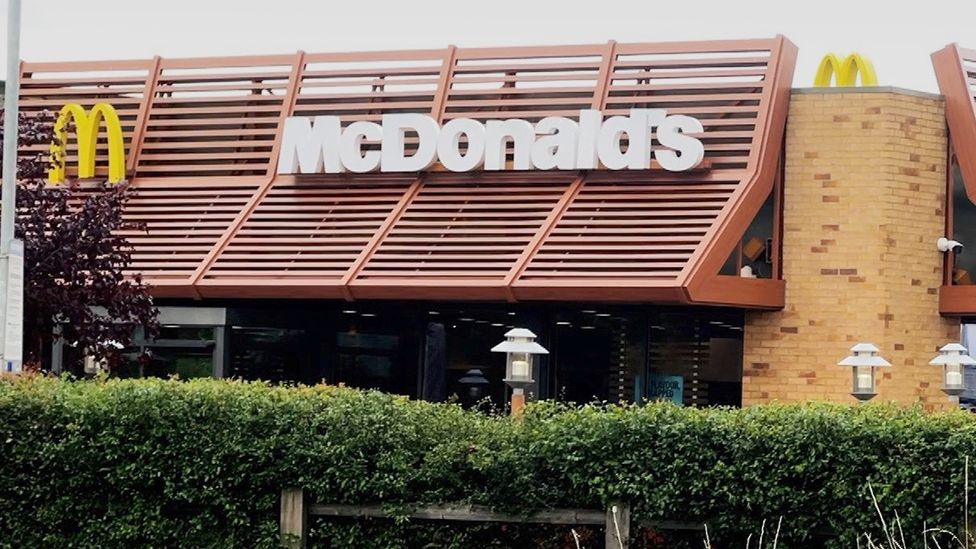
- Published18 October 2024
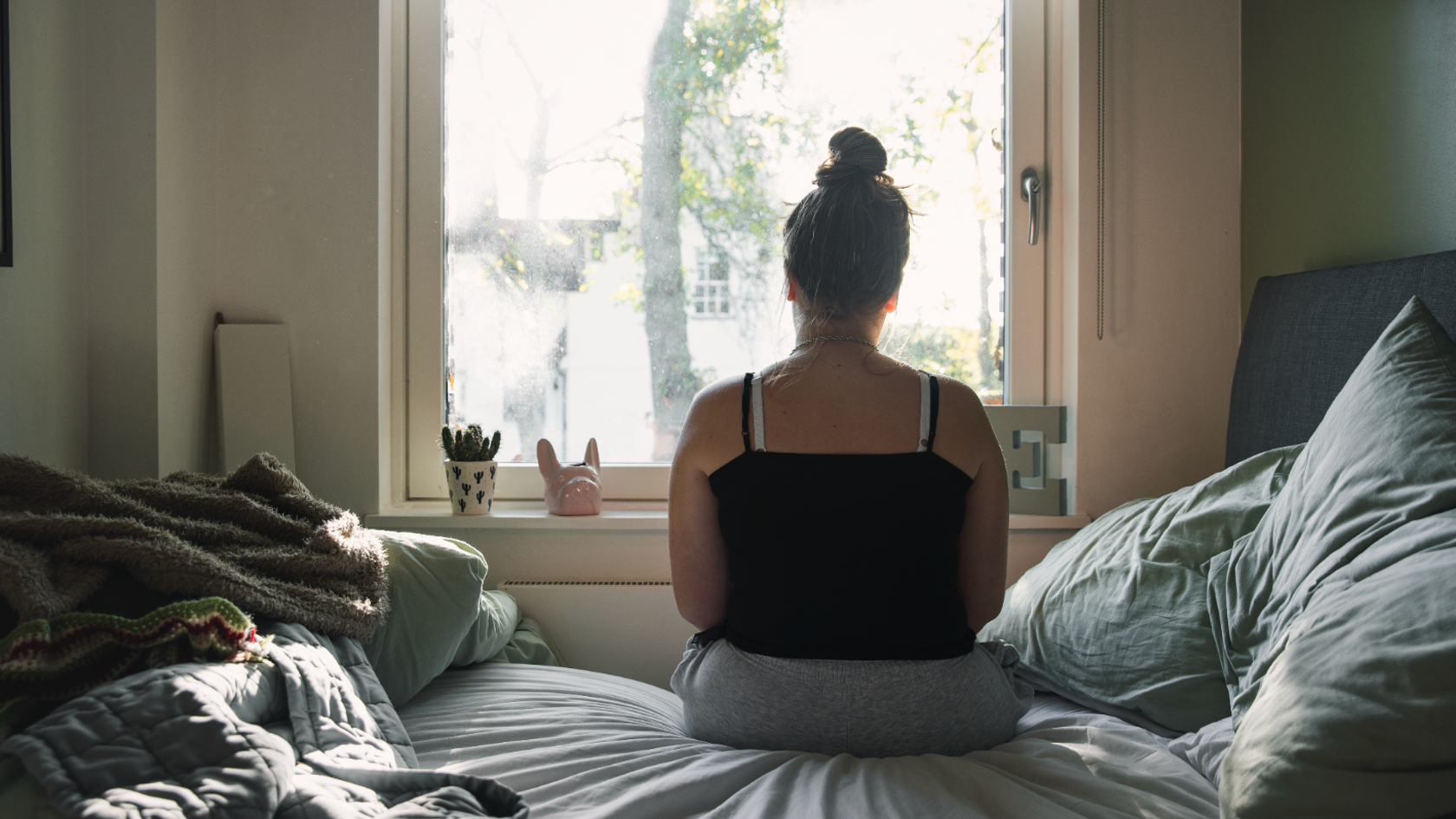
- Published18 October 2024
